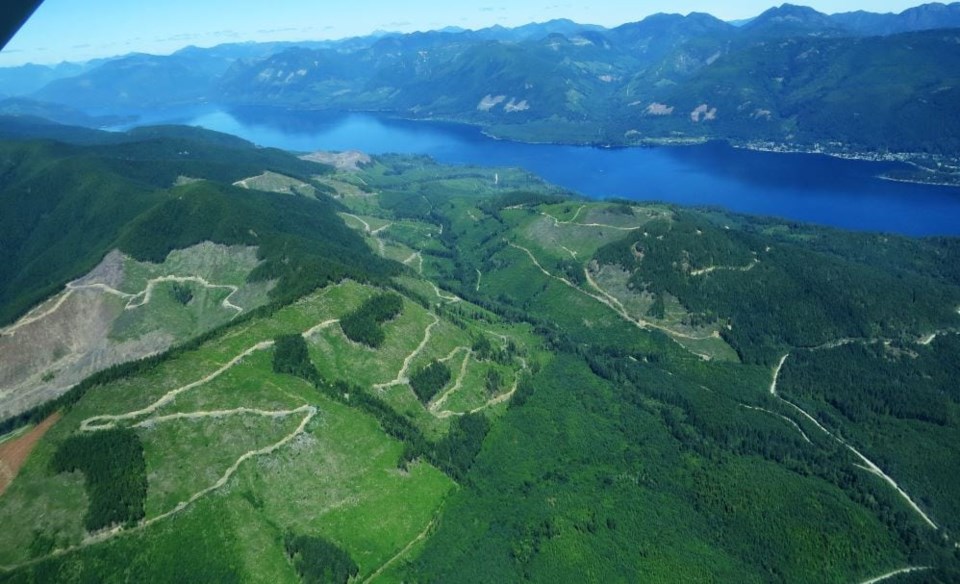As a U.S. citizen, living in Seattle, I often look to our northern neighbours and ask how our Canadian brothers are so good at balancing the needs of the citizens with the preservation of the natural environment.
We recently were able to become part of the B.C. fabric, as we bought a place on the rugged Pacific coast of Vancouver Island, with the hopes of enjoying some time ourselves and renting it to others who are looking for a new adventure. Thus, we became part of both the natural and commercial community of British Columbia.
Which brings me to the topic of this commentary. We have watched, read and discussed the current issues surrounding the decline of the southern resident killer whales with a sense of sorrow and helplessness. This, like any ecosystem on our planet, is a complex dance of many players.
Books such as Heart of the Raincoast, by Billy Proctor, and studies by the U.S. National Oceanographic and Atmospheric Administration, the B.C. fisheries authorities and many others suggest that the orcas’ decline is not simply a matter of salmon population, but a combination of numerous factors, including deforestation, stream quality, commercial fishing, commercial salmon farms, invasive diseases and maybe recreational fishing. The challenge with any problem of such a magnitude is that we often respond with what we can grasp, rather than what the breadth of science and history has shown us.
I think this is the case with the prevailing solutions being considered to “save” the southern resident killer whale population.
We live in a world where we expect a solution or result in our time, rather than nature’s time. We try to balance costs and benefits with the current dynamic and fail to recognize that the costs of a solution are due to decades of neglect, and we cannot come to grips that the best path is to pay for our sins.
As noted in many of the studies and books, the introduction of salmon farming using non-resident species, the deforestation of biological systems feeding the streams and rivers along the coasts, and the pillaging of entire fish populations from the sea floor have all had a negative impact on the ecosystem that supports the salmon stocks. Nowhere along the commercial pathway were these activities ever asked to pay for their impact on other systems, primarily because it would be too hard to assess and, of course, these commercial ventures had no interest in paying for something that would hurt their economic life.
So here we are today. We have a complex problem that time and investment can solve, but which no one wants to pay. The answer is, of course, everyone must give up something so we can all move forward. The local and national governments must use some of their funds to build meaningful fish hatcheries, restore deforested river drainages and ensure new business impacts are adequately regulated or taxed so their impacts can be eliminated.
The businesses that thrive due to their untaxed impacts must agree to pay more to allow them to continue or change their models to eliminate the long-lasting negative effects. The recreational fishing industries must be willing to pay a fair tax to enhance the hatcheries’ abilities to account for their take.
Any solution that fails to take into account past transgressions in addition to current sins will only leave us with another mismanaged natural environment that our sons and daughters will not experience and leave them asking why we couldn’t make the hard choice.
It’s time for us to pay up and do the right thing.
Tim Kehrli lives in Kirkland, Washington.



